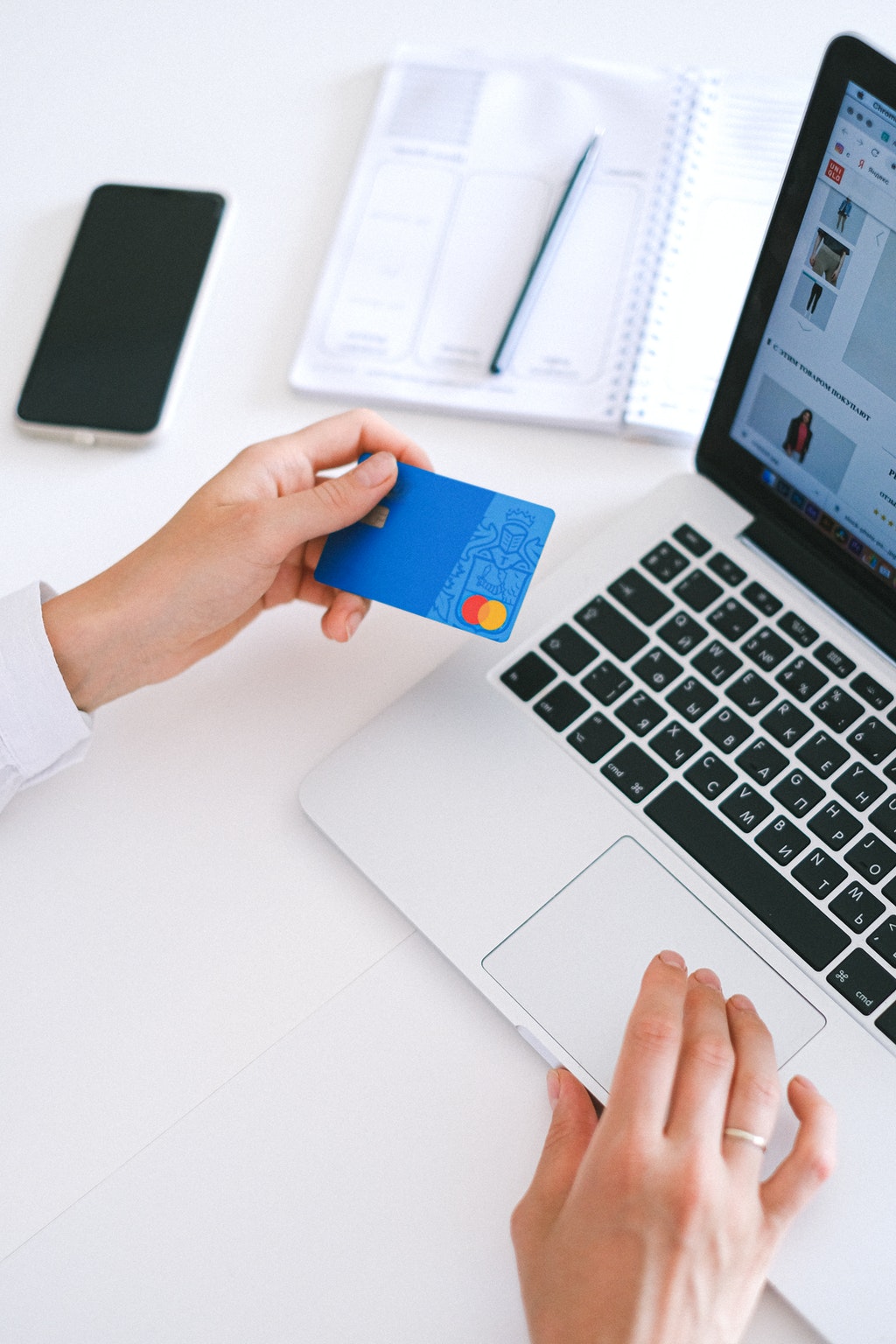Despite how simple the retail business model may seem, buying and selling goods or services to the end customer, the truth is that the process of managing a business is much more complex than it seems. So instead of jumping into the void with your eyes closed and taking on whatever comes your way, it’s best to be as prepared as possible to establish a retail business with a chance of success.
Opening a retail or hospitality business requires more careful planning than it may seem, especially in today’s environment. The keys to a successful business are to take into account a series of factors that will influence the results.
Researching, planning, making important decisions about the structure of the business, its location, financing, products, equipment, or the appropriate technology, are some of the decisive requirements to start a retail business from scratch. You need to think of the marketing behind the business too.
Being the owner of a small business is the goal of many people, but for the dream to become a reality you have to know where you are.

The retail industry offers a way of life for many people who invest their capital and time to offer consumers the goods or services they need or want, from food, fashion, beauty, furniture, or appliances to advice, home repairs, or skilled workforce.
A good portion of the businesses launched each year is retail operations, constituting a vital sector of the economy. Basically a retail business buys products from a manufacturer or wholesaler and sells them to consumers, it can also do so by transforming them into services. It is something straightforward; however, the size of the retail industry and the number of segments it covers is enormous, offering many opportunities to entrepreneurs, which makes it an extremely competitive sector.
What will you need to make your business a reality?
The money, of course, but what supplies? Perhaps if you are creating a restaurant, you will need equipment such as ovens and tables, perhaps an air-cooled chiller.
You need to be sure that you can achieve all this before you start. Making lists will really help but knowing your market will help even more so.
Retail, while rewarding, also comes with a host of challenges. For one, this is a significant investment and you will likely not see an immediate return.
You could also ask yourself if retail is the right opportunity for you. Weighing a few factors will help you answer that question. Your personality, your motivations, your strengths and weaknesses, your budget, and your experience, are things that must be assessed before making the decision to start a retail business.
Making a good professional decision involves evaluating the skills that you most enjoy developing, for example, your artistic streak or your inclination to help others, can be decisive when choosing the type of business to start.
Linking your skills with the wants and needs of the market increases the chances of success of the new business. When we think about starting a business we usually ask ourselves… Do I have what it takes to run a business?
Are you good at multitasking? In your own business, you will have to be willing and able to do everything yourself, at least in the beginning.
Do you see risk as a threat or as an opportunity? When you start a business there are many things that you have to hit, being in the right place at the right time, having property and appropriate services for people at an appropriate and convenient price, so you have to constantly adapt … Do you adapt quickly or do you prefer predictability?
Do you have an inexpensive idea? Startups often require more capital than anticipated, and most of the money you make will go directly back to inventory or other business costs, so you have to be able to hold out for a while.
Do you like people? When you open your store you will have to interact with a multitude of people; clients, suppliers, employees, consultants … So, empathy, flexibility, and good humor are an essential part of the job.
What type of business?
#1. Physical store

It operates from fixed points of sale designed to attract customers through exhibitions, generally, they sell merchandise for personal use to the end customer but can also serve other companies, freelancers, or institutions.
There is a wide variety of independent stores such as traditional stores, specialized stores, hyper-specialized stores, convenience stores, supermarkets, discount stores, department stores, single price stores, small markets, temporary or pop-up stores.
#2. Retail without a store
Mainly dedicated to the sale of products without having a physical establishment, through television advertisements and programs, catalogs, home sales, marketplaces (Amazon, Etsy, see #3), peddlers, portable stands, vending machines, etc.
#3. Electronic commerce

It involves selling the products through a specially designed website. The Internet has changed the classic landscape of retail distribution, meaning that, regardless of the type of business you are going to set up, you will not be able to ignore it as a distribution channel or promotion of your business.
#4. Sale of services
The same means used to sell products can be used to sell services, whether through a physical establishment such as a beauty center, a dental clinic, a veterinarian, a professional office or catering establishments, and mechanical workshops. Or without a point of sales like an electrician or a computer scientist, for example.
Opening a store is a complex task, especially for new retailers. The goal is to have the greatest possible chance of success in a scenario where well-established big brands and big online players seem to take it all. The small physical store still works well when it offers something different or unique to the customer.
What is no longer viable is opening the doors of a store and waiting for customers to arrive, we must be smart and give the customer an irresistible reason to come buy or an amazing marketing plan that eliminates digital noise and immense competition.
We hope that by the end of this guide you have the knowledge and confidence to open a store with the ability to succeed.
Leave a Reply